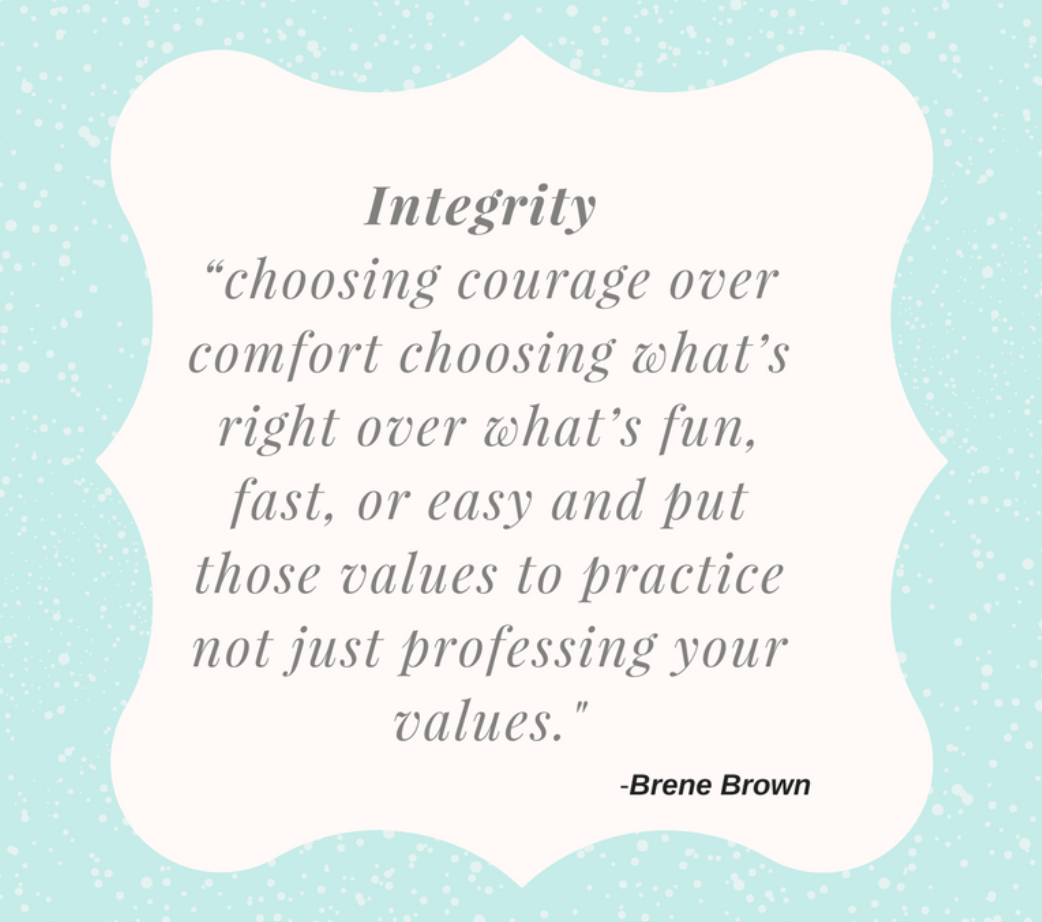I was kicking back watching one of my new guilty pleasures, Soul School on OWN (Oprah Winfrey Network). She has some fascinating guests who are “life experts” on her show. Everyone from Michael Beckwith, star of the movie “The Secret” to Elizabeth Gilbert, author of “Eat, Pray, Love”.
One expert particularly peaked my attention, the extraordinary Brene Brown. I know what you’re thinking, and no we are not cousins.
Brene Brown is a research professor, author and celebrated orator of one of the most viewed TED Talks in history.
During her time on the Soul School stage, she talked about the true essence of trust.
Glued to the screen—I couldn’t peel my eyes away because she asked some very key questions:
- What does it mean to trust someone?
- What does it mean to trust yourself?
She broke down her world-renowned research.
Brene opens with a story about her daughter and how her trust was breached as a 3rd grader by a group of school friends.
As she consoled her daughter, she struggled with giving a definition of what it means to trust. The analogy she used was great: “Trust is like a marble jar”. You share those hard stories or situations with those friends and you fill up your marble jar. You’ve shared thing after thing with them and you know you can trust them.
Do you have marble jar friends?
Trust is often thought associated with a big grand gesture at a pivotal time in our lives. Brene’s research argues the opposite. Trust is built in small ways with micro-actions over time.
We trust those family and friends whose jars are full—people who have formed “trust” moments with us.
In her description of trust, she used a great acronym, she calls B.R.A.V.I.N.G.
B..R.A.V.I.N.G. is the anatomy of trust. It stands for: Boundaries, Reliability, Accountability, Vault, Integrity, Non-Judgment and Generosity.
Boundaries — Trust does not exist without boundaries. I know where you stand. You know where I stand. We respect those lines.
Reliability — Trust can only be present when you hold fast to your word I can count on you doing what you say you will do, over and over again.
Accountability — I trust you when you make a mistake and you’re willing to own it, apologize for it and make amends and in return you will allow me to do the same.
Vault — Keeping confidences. What I share with you, you will hold in confidence and what you share with me, I will hold in confidence.
Integrity — Brene’s defines integrity as choosing courage over comfort; choosing what’s right over what’s fun, fast, or easy; and putting those values to practice, not just professing your values aka giving lip service.
Non-Judgment — We can both struggle and ask for help. I can fall apart ask for help and not be judged.
Generosity — Our relationship is only a trust relationship if we can assume the most generous thing about each others’ words, intentions and behaviors without checking in with each other.
Using and understanding this framework, we can better identify and communicate when we are in need of more trust or when we are hurt. This creates a healthy conversation with our loved ones. Even better, this could provide a common understanding and lingo.
Yet, the most important trust relationship is with ourselves. We must trust ourselves.
BRAVING is about connection. Self-trust is BRAVING self-love, self respect, the wildest connection we will ever take in our entire lives.
Do you truly trust yourself? Trust starts with ourselves. Our own marble jar must be full. Essentially, we can’t give to others what we don’t have, and others can’t give us what they don’t have.
This totally shifted my perspective and challenged me on what it means to truly trust.
I’d love to hear you weigh in on this. Leave your thoughts below.

